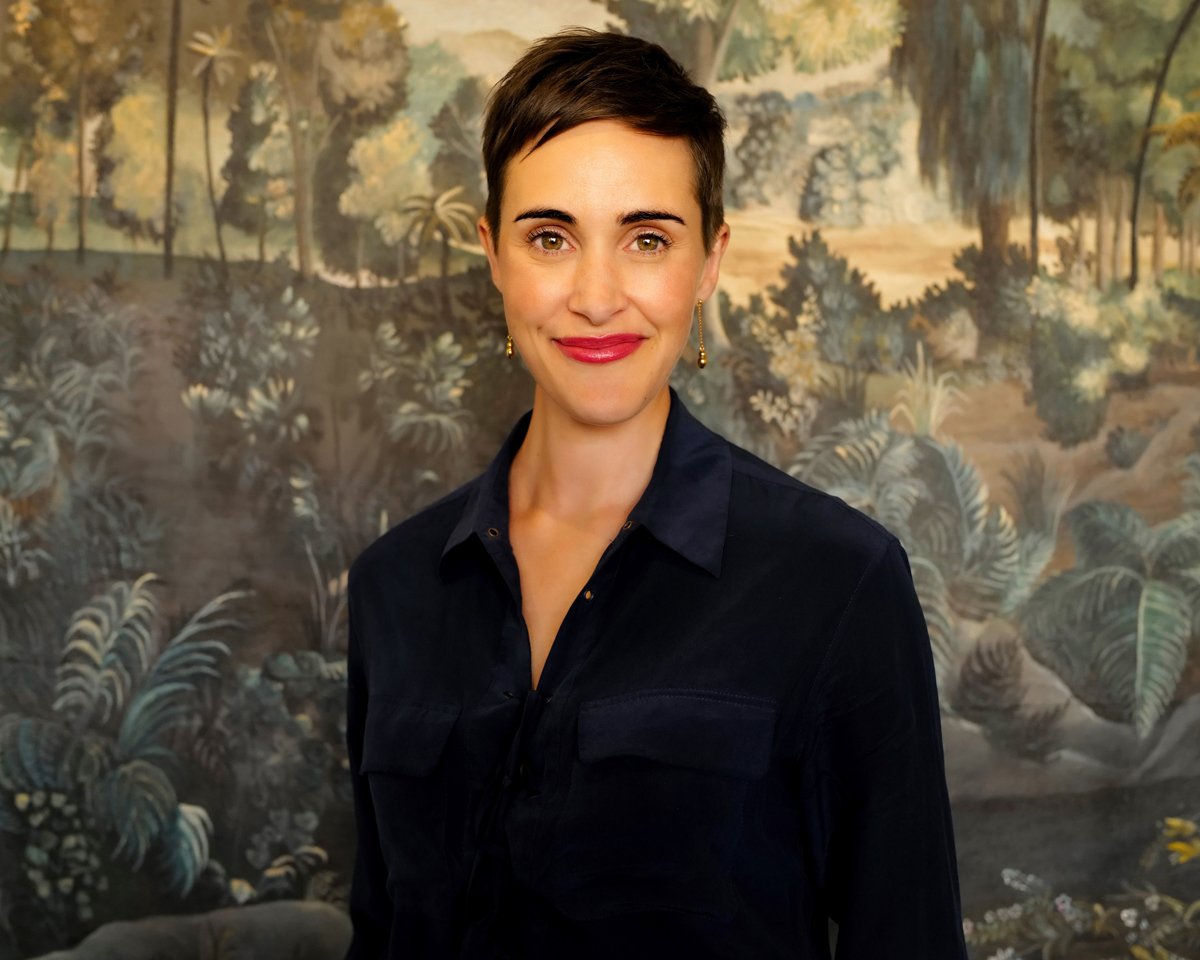Ending the echo chamber: How to find where left and right unite
Published by the Sunday Star Times, 1 December 2024
On the same day that I lunched in the Capital with a well-known left-leaning public intellectual, Act leader David Seymour was spotted on ThreeNews flicking through the pages of the newly released issue of Folly Journal.
My sister, an Aucklander oblivious to politics (although I assume she was aware of the hīkoi) messaged me excitedly. Folly's on tv! I took a photo!
Interview with Folly editor, Emily Broadmore
For the New Zealand Festival of the Arts, 13 November 2024
Folly is an annual print only anthology of art, short stories, non-fiction and poetry produced in Wellington city. Published in November each year, the 2024 issue has just been launched. I had a chat with Folly's editor, Emily Broadmore about why she chose to create a print journal in an increasingly digital world, how she selects the stories and what readers can expect.
The Boost: your bi-monthly does of news and insights from Heft
Check out Heft’s bi-monthly newsletter, The Boost.
We’re excited to introduce The Boost, our new Heft newsletter. In today’s fast-paced world, it can be hard to stay on top of the issues that truly matter. That’s why we’ve launched The Boost - to bring you updates on key issues that matter to you and add a little heft to your day. Our goal isn’t just to talk about what’s happening with our team, but to share insights and information that help you stay ahead of the curve.
Short Story Competition: Finding the right space to do your writing
Published by The Post, 15 September 2024.
Emily Makere Broadmore is a writer who never gets to use the writing space she created.
“I joke that I created a writers studio based on what I would love to use and yet I never have time to use it.”
In 2023, Broadmore established the Wellington Writers Studio, upstairs from an art gallery corner of Cuba St and Ghuznee St in the 128-year-old Berry Building.
Once home to the New Zealand Photographic Company and William Berry, a popular portrait photographer, the building has been home to many artists over the years, including musicians and a dancing school.
What I learned as an OIA hunter
Op-ed by Emily Broadmore published by The Post, 25 August 2025.
OPINION: A report released by the Clark Foundation on Monday considers the growing perception of corruption, including when it comes to political lobbying and access to official information.
Its foreword, by former attorney-general Chris Finlayson, speaks more directly – claiming continued misuse of the Official Information Act by ministers and their departments and a call to critically examine our commitment to transparency.
As a director of a business that works hard to advocate for a diverse range of clients to government, this report is timely and interesting. Much like our constitution, our official information systems have evolved via a set of accepted social norms rather than a set of hard and fast rules.
The school system is not set up for modern working lives
Op-ed by Emily Broadmore published by The Post, 28 July 2024.
Over the past month conversations with clients and consultants have lacked their usual urgency.
The sense of progress has stalled, and phrases have been circling around lines like “let's push the meeting to end-July”, “let's kick the start of the project to end- July”, and “let's pick this up at end of July”.
Our roof is leaking. It was meant to be fixed this month. The text from a roofer a fortnight ago said he would now be “starting at the end of July”.
Reading between the lines in all these conversations I see the unspoken (because yes, we often like to pretend in our professional lives that the kids don't exist) truth, which is that three months per year of school holidays doesn't work for most households. People are struggling.
The women who want a home to call their own
Op-ed by Victoria Crockford published by The Otago Daily Times, 8 March 2024.
For many of us who live here, it will come as a shock to think of a retiree — someone that could be your mum or nana — sleeping in her car in an unnamed layby or carpark you pass every day on your way to school, or work, or the supermarket.
But this isn’t an isolated incident here and it’s a rapidly growing occurrence nationwide.
During the last Census, 102,123 people identified as experiencing ‘‘severe housing deprivation’’ — the proxy we use for those living unhoused or in uninhabitable conditions.
We need to write homeless women back into the story
Op-ed by Victoria Crockford, published in The Post, 8 March 2024.
OPINION: Imagine you have over $300 million to invest in critical infrastructure that transforms people’s lives.
Imagine your data tells you 50% of the people have very different needs from that infrastructure than the other half, but you ignore that detail.
That is the way we approach women’s homelessness in this country.
Every year, we invest over $300m in emergency housing grants, on top of significant investment in other housing subsidies. The last census found that 102,123 people identified as experiencing “severe housing deprivation” - the proxy we use for those living unhoused.









